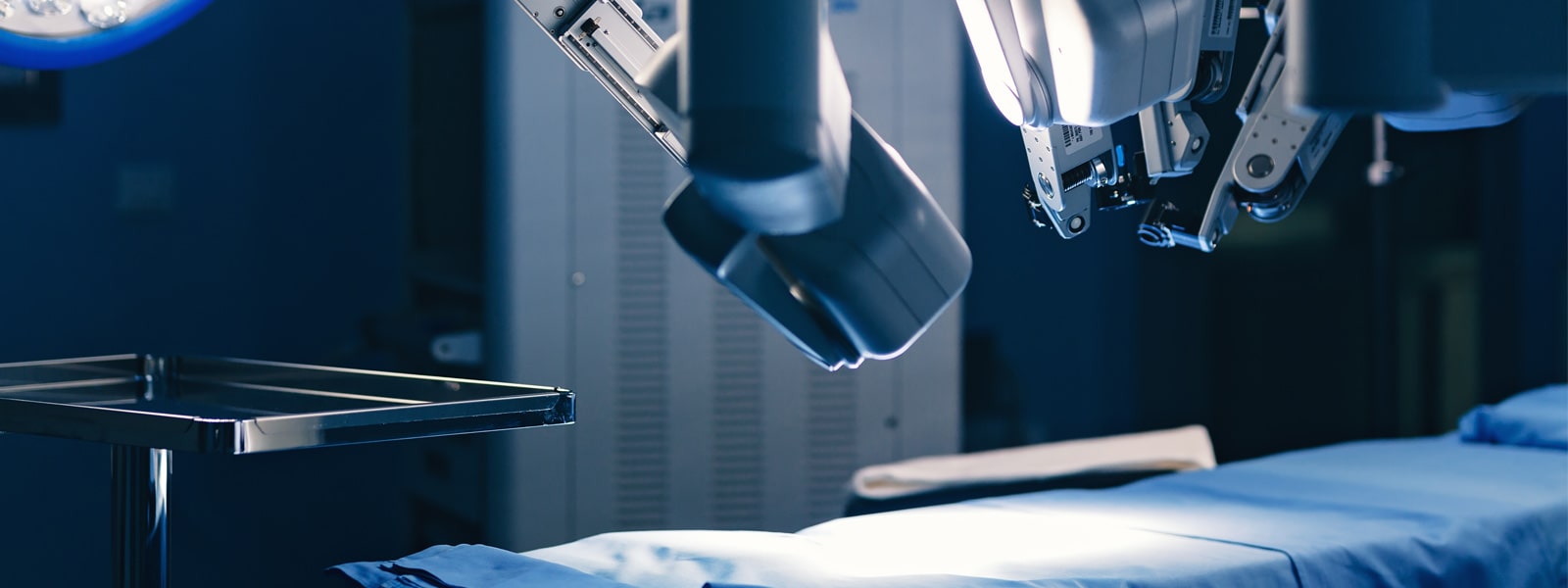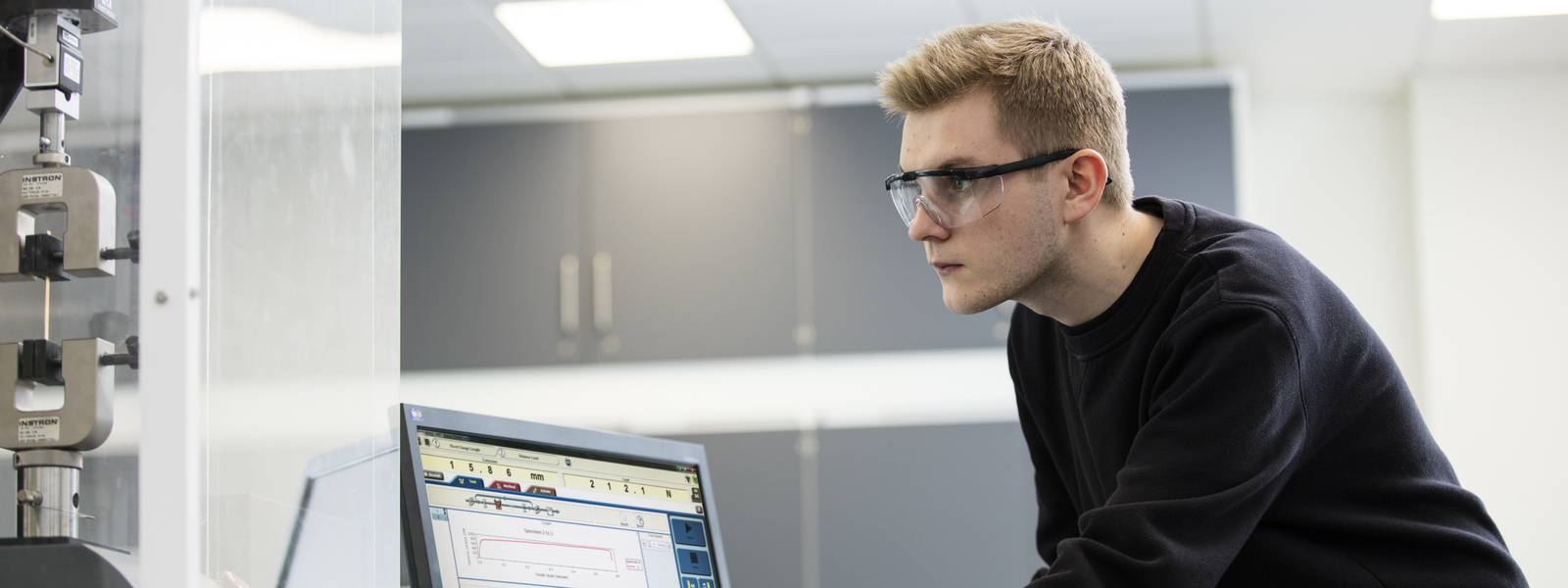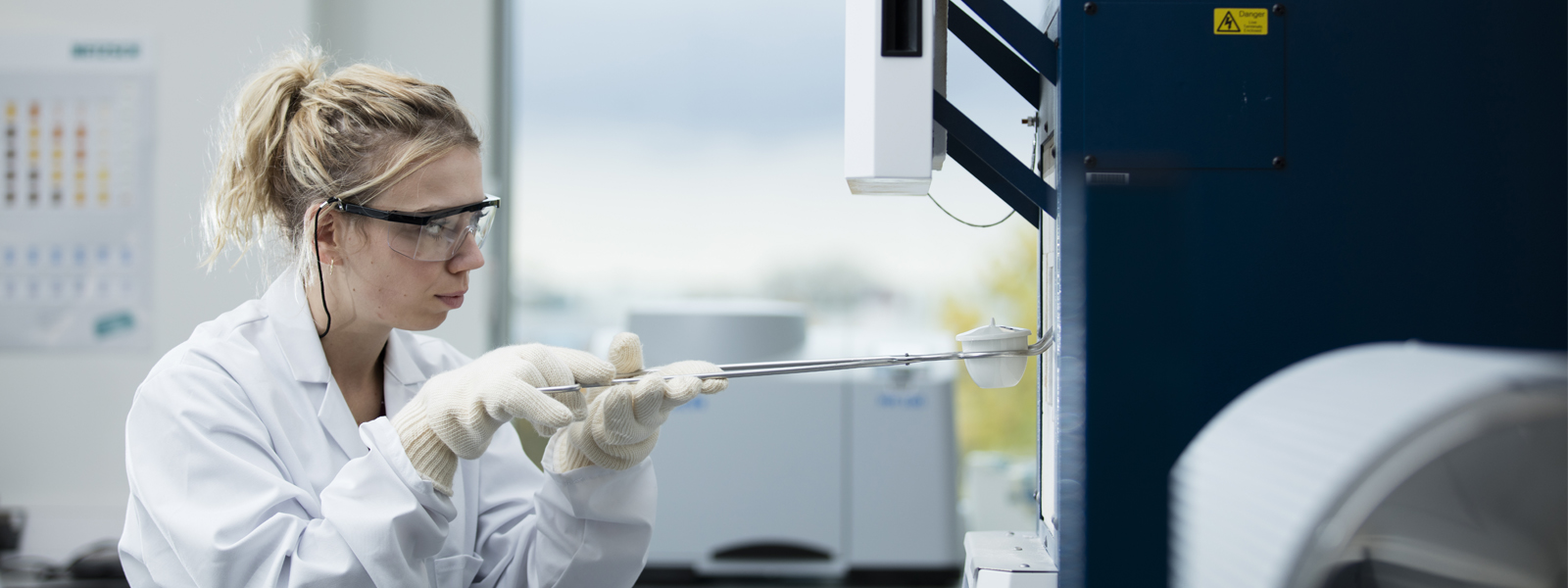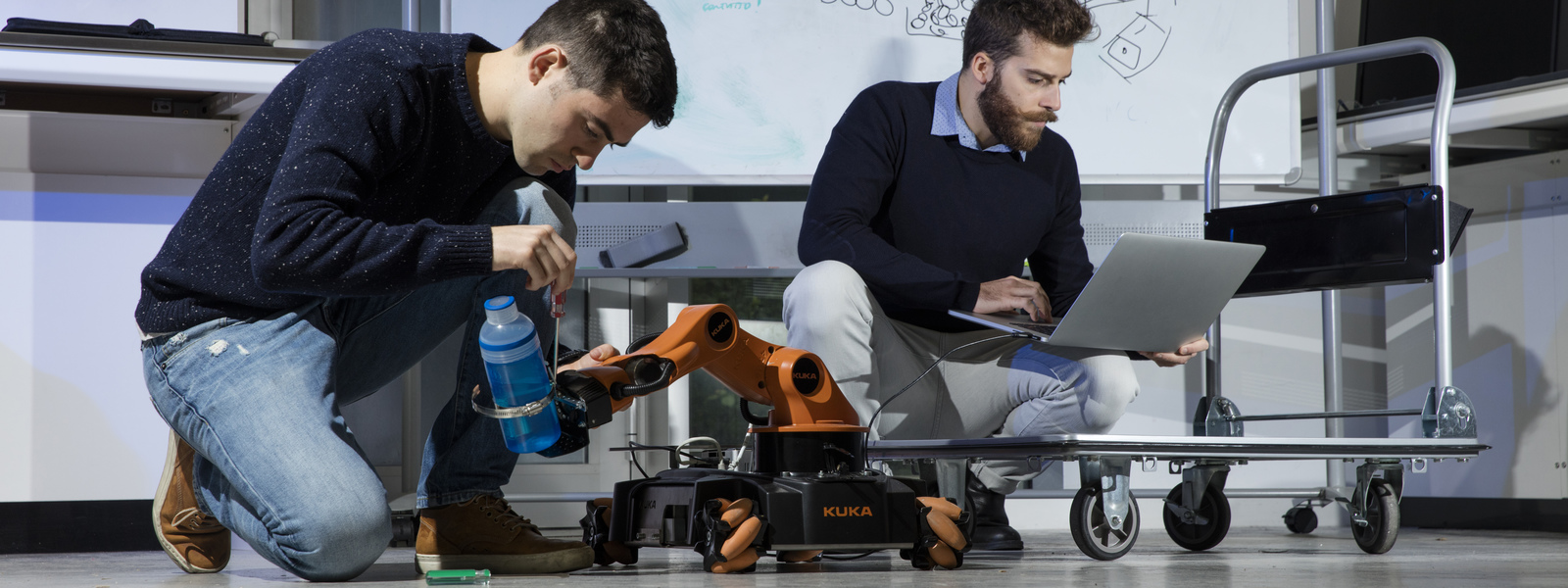Module Overview
This module aims to provide an overview of the anatomy and physiology of the human body. The module is designed to help students to identify and understand the function of human bones, muscles, and joints. It will also provide an overview of the anatomical structure and physiology of the heart, lung, cardiovascular, and respiratory systems.
Module Overview
This module aims to introduce students to biomaterials, including the properties of natural materials and the behaviour of artificial materials when implanted on or in contact with the human body. Students are also introduced to the reaction of materials to implantation in the body; the reaction of the body to the presence of implanted materials; the uses of polymers, ceramics, metals and composites as biomaterials; concepts of biocompatibility and bioacitve methods of assessing these; and basic applications of biomaterials in the body and the resultant interactions.
Module Overview
The purpose of this programme of mathematical study is to give students the opportunity to become more competent in calculations using a range of mathematical tools. The content builds upon that delivered in the first year, and gives students the opportunity to extend their analytical skills by introducing more advanced topics that may form part of the modern engineers skill set.
Module Overview
This modules introduces the basic knowledge required to understand, design, and work with basic electronic circuits and the basic principles underlying the process of electronic engineering. No previous electronics experience is assumed and the module proceeds via a sequence of lectures supported by labs designed to introduce practical electronics.
Module Overview
The content of this module aims to deepen a students’ understanding of engineering in practical applications. Students will have the opportunity to investigate the design process for mechanical, electrical or control components/systems and undertake analysis of the same.
These two strands of the module are brought together in a design project, which will be set by a professional engineering organisation. This major project will give students the opportunity to extend their creative design skills and obtain practical experience of the process of creating sound conceptual solutions through to real design problems within an industrial context. Students can build confidence and gain experience through working within a team with practicing engineers from industry.
Module Overview
This module provides an understanding of the core concepts of mechanics such as mass, force, velocity, acceleration, work, energy, and power. Students can develop the necessary skills to apply the fundamental laws of mechanics such as Newton’s laws and conservation of energy to perform quantitative analysis of human body motion and equilibrium.
Module Overview
The term mechatronics integrates mechanical engineering with electronics and intelligent computer control in the design and manufacture of products and processes. As a result, many products which used to have mechanical functions have had many replaced with ones involving microprocessors. This has resulted in much flexibility, easier redesign and reprogramming, and the ability to carry out automated data collection and reporting. A consequence of this approach is the need for engineers to adopt an interdisciplinary and integrated approach to engineering.
The overall aim of this module is to give a comprehensive coverage of topics, such as analogue and digital signals, digital logic, sensors and signal conditioning, data acquisition systems, data presentation systems, mechanical and electrical actuation systems, microcontroller programming and interfacing, system response and modelling, and feedback control. Students may make extensive use of Simulink and a MATLAB support packages based an Arduino board, which allow for graphical simulation and programming of real-time control systems. The module serves as an introductory course to more advanced courses such as Measurement and Testing, Sensors, Actuators and Controllers, and Embedded Systems.
Module Overview
This programme of study will extend the ideas and skills introduced at Level 1. Students have the opportunity to learn how to carry out strength and deflection analyses for a variety of simple load cases and structures. Students have the opportunity to understand the simplifications used in such analyses. This course demonstrates the role of stress analysis and failure prediction in the design environment.
Module Overview
The Placement Year constitutes a work placement during an academic year, typically between Levels 2 and Level 3, though it may take place between levels 3 and 4 of an MEng programme. Students wishing to undertake the work placement year must successfully complete Level 2 (and 3 if applicable) of their programme.
The Placement Year aims to give students a continuous experience of full-time work within an organisation. It should be a three-way co-operative activity between employer, student, and University. Work placements enable students to experience at first hand the daily workings of an organisation while setting that experience in the broader context of their studies.







